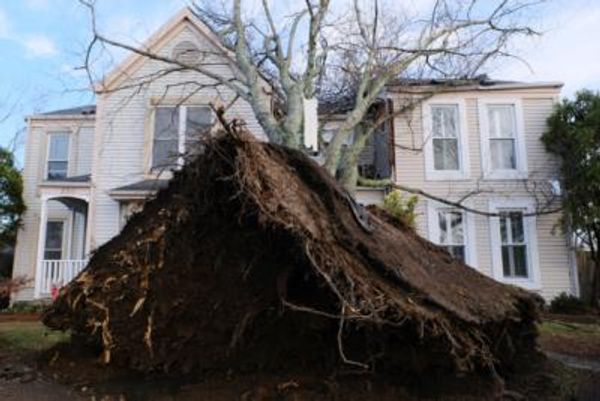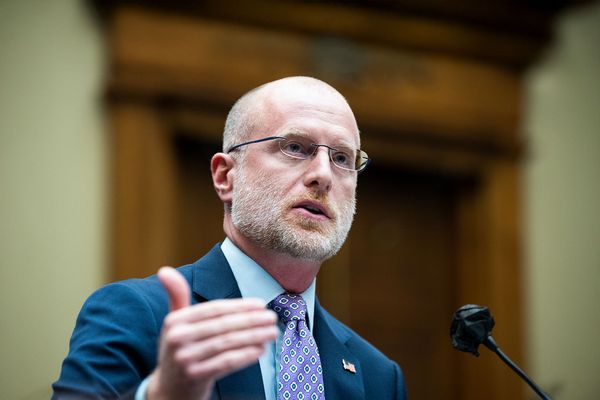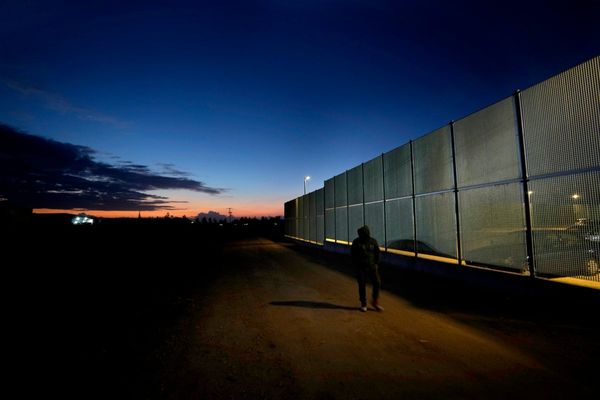The French government has introduced measures to ease the stress on emergency services threatening to shut down because of a lack of staff.
We must “find solutions so that French people are not denied treatment,” said Health Minister Brigitte Bourguignon this week as she announced a series of “first measures” to face what will be a “difficult summer” for hospitals.
The government recognises its responsiblity for the crisis, she added.
Faced with emergency room closures because of a lack of staff, the government is reintroducing crisis measures used during Covid-19 peaks.
According to the emergency services union Samu-Urgences de France (SUdF), 120 emergency rooms have been forced to reduce their activity, or are getting ready to do so, including some in big hospitals like in Bordeaux, Grenoble and Orléans.
To encourage existing healthcare workers to work more, the government will double overtime hours throughout the summer. It will also allow student nurses and health aides to go to work in hospitals in June and July, even before the receive their final diplomas.
Retired healthcare workers who want can go back to work during the summer, with salaries to complement their pensions.
Widespread strike
The announcements come two days after a nationwide healthcare worker strike, which did not draw that many people, and four days ahead of the first round of legislative elections.
Healthcare is one of the main concerns for voters – coming in second behind purchasing power – according to the latest Isos/SopraSteria poll this week.
President Emmanuel Macron has tasked the president of the SudF, François Braun, with preparing a “flash mission” report on the state of healthcare in France to highlight shortages and propose solutions.
The report is due 1 July, ahead of a “big conference” on healthcare promised by Macron to address the issues in the sector.
The main sticky points are the salaries of public hospital workers, as well as overtime for night shifts.
Other options to be discussed to ease pressure on emergency services include a triage system for emergency room admissions, the creation of urgent care centres outside of hospitals, and having doctors do rounds in hospitals.
(with AFP)







